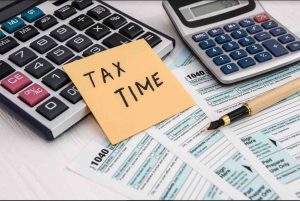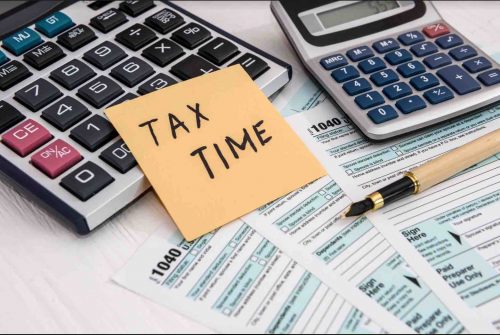
Nevada’s Tax Amnesty Program: Could You Escape Penalties?
Delinquent state taxpayers could benefit greatly if a one-time tax amnesty program is implemented in Nevada. Depending on the scope of the program, taxpayers may be able to avoid paying all or some of the penalties and interest they might owe.

Why is Nevada Considering a Tax Amnesty Program?
Because of the coronavirus COVID-19 crisis, Nevada is expected to have a revenue shortfall of about $1.2 billion for the 2020-21 fiscal year. To make up for this loss,
If approved by Nevada’s state senate, the Nevada Department of Taxation will establish this amnesty program. It will apply to all types of taxes paid to the Department, such as excise taxes, liquor tax, sales and use tax, and the Commerce and Modified Business taxes.
How Will This Program Work?
Once this tax amnesty program is approved, it will run for just 90 days. Taxpayers who are interested in the amnesty program must apply for it. They must do so quickly to take advantage of the benefits the program offers.
There are a few limitations to the amnesty program:
- The program only applies to taxes, interest, and penalties that were due and payable before July 20, 2020.
- Taxpayers who already entered into a settlement or compromise agreement with the Department or the Nevada Tax Commission to pay their delinquent taxes are not eligible for this program.
- Taxpayers must comply with whatever application method is established by the Department to participate.
- The taxpayer will be required to make the tax payment in full for each tax period that relief has been requested.
Why Should Taxpayers Participate in this Program?
The Nevada Tax Amnesty program applies only to back taxes that are owed to the state. This program does not cover back
Participation in the tax amnesty program is voluntary. Participating in the program could significantly reduce a delinquent taxpayer’s ultimate tax bill by eliminating interest and penalties. These added fees can cause the amount owned to snowball quickly.
When taxes go unpaid, they can lead to serious consequences. For instance, if a business owner wants to sell his business. If he has not resolved his tax debt and has






